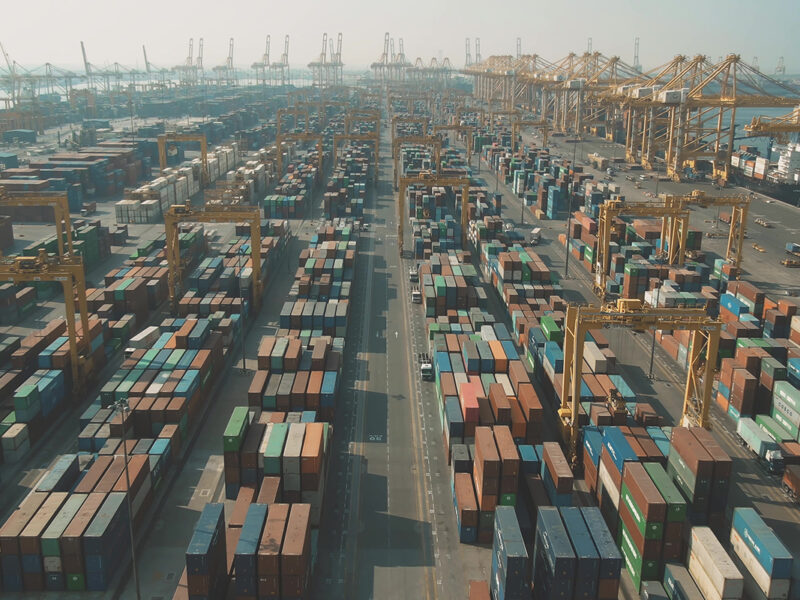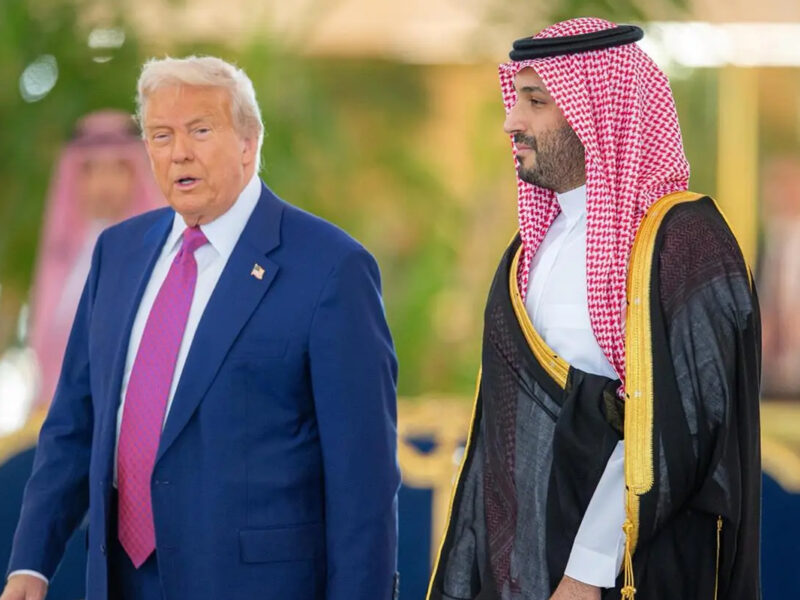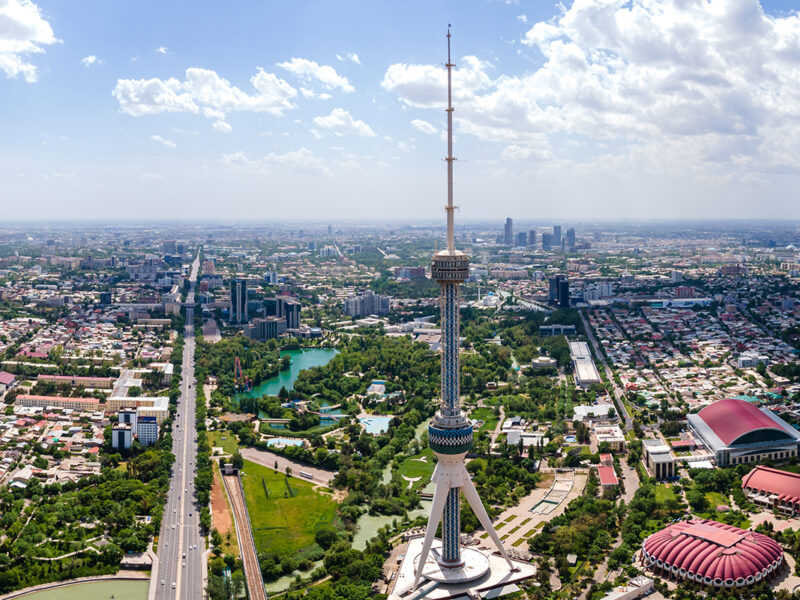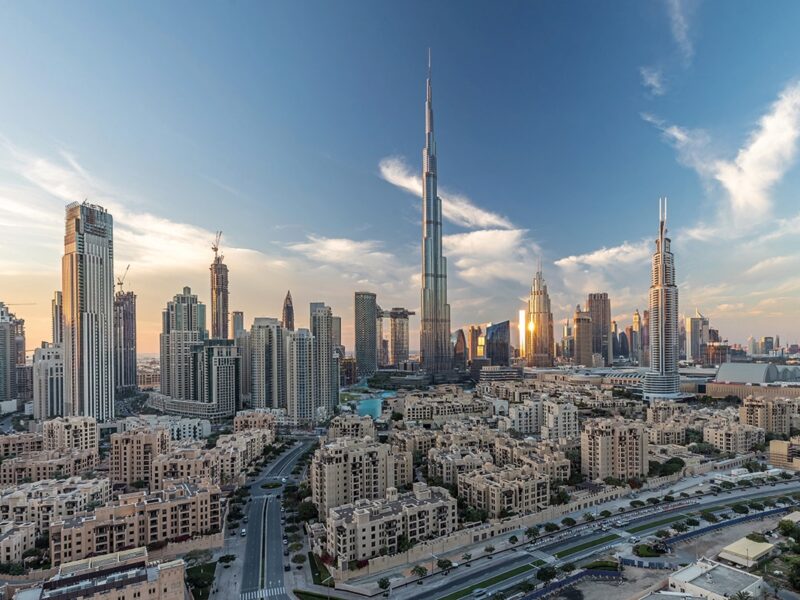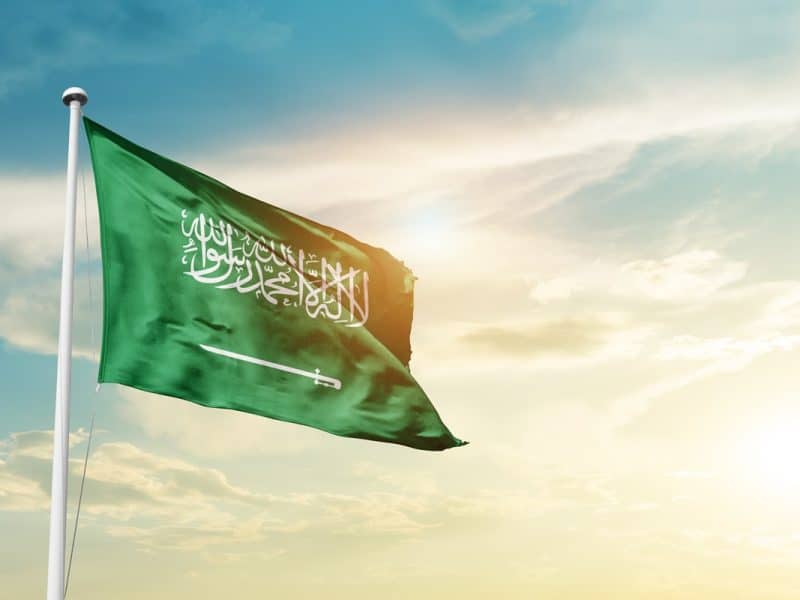Saudi Arabia, which has more than $500bn in foreign assets,
may demand a greater share of voting rights at the International Monetary Fund
in exchange for providing the lender with more money.
Saudi Arabia’s reserve position at the Washington-based fund
more than doubled to SR18.2bn ($4.9bn) last year from SR7.4bn in 2010,
according to Saudi central bank data. In 2007, it had a SR2.7bn position with
the IMF, the data showed. The cost to insure Saudi debt on Jan 31 was less than
half the Middle East sovereign average, according to data provider CMA.
The IMF’s Managing Director Christine Lagarde, who visits
the kingdom’s capital on Feb 4, has urged members states to contribute $500bn in
new lending resources to avoid a 1930s-style global depression. Saudi Finance
Minister Ibrahim al-Assaf last week said that the world’s top oil exporter may
be willing to raise its contribution to the fund.
“The Saudi government will be looking for a greater say in
the disbursement and that is where the more difficult negotiations will take
place,” Crispin B. Hawes, director for the Middle East and North Africa at the
Eurasia Group, said by telephone from London.
The IMF is pushing China, Brazil, Russia, India, Japan and
oil-exporting nations to be the top contributors, according to a G-20 official,
who spoke on condition of anonymity last month because the talks are private.
The fund wants a deal struck at the Feb 25- 26 meeting of G-20 finance ministers
and central bankers in Mexico City, the official said.
“We will see how we
can move forward,” al-Assaf said in an interview on Jan 27 with Bloomberg
Television in Davos, Switzerland. “I really cannot answer exactly who is going
to contribute and, for that matter, Saudi Arabia’s contribution.”
During a June visit by Lagarde to the Red Sea city of
Jeddah, al-Assaf called for “a greater role” in the fund, the official Saudi
Press Agency reported. Lagarde travelled to the country when she was
campaigning for her appointment as the fund’s managing director. Al-Assaf said
that the kingdom doesn’t want the IMF presidency limited to a certain region
and it would support the “best candidate” and ‘‘most efficient one from its
viewpoint,’’ the news service reported.
“It’s understandable
that a state in a position to contribute more would want to have more of a
say,” said Liz Martins, senior economist at HSBC Bank Middle East. “The Gulf
countries will want to be involved in that as stakeholders in the stability of
the region.”
Saudi Arabia has been left mostly unscathed by popular
uprisings in the region. As the leaders of Tunisia, Egypt and Libya were
toppled, King Abdullah, 88 this year, ensured a swift political transition with
the appointment on Oct 28 of Nayef bin Abdulaziz Al Saud as crown prince after
the death of his predecessor Sultan.
Article continues on
next page…
Even though Saudi Arabia has no international debt there is
trading of credit-default swaps linked to the kingdom as investors seek to
protect against the risk of political turmoil. Swaps are being used to
speculate on contagion from upheavals in neighboring countries, as a proxy for
government-controlled companies such as petrochemical maker Saudi Basic
Industries Corp. and to hedge debt the nation may sell in the future.
“What we can be certain of is that large developing nations
will not agree to provide additional funds without a greater say in the IMF,”
former Saudi intelligence chief Prince Turki al-Faisal said on Jan 23 at a
conference in Riyadh.
King Abdullah is also extending financial assistance across
the Middle East in response to popular unrest.
“The kingdom has used its wealth quite effectively in
political terms, and appears to be taking a more energetic approach to regional
diplomatic affairs in recent months,” James Reeve, senior economist at Samba
Financial Group in London, said in response to emailed questions. “This is
hardly surprising given the context of the Arab Spring.”
The king agreed along with other Gulf Cooperation Council
members to provide $10bn each over 10 years to Bahrain and Oman. Saudi Arabia
also provided Egypt with $900m of grants and loans under an accord in June and
gave Jordan $400m in financial aid.
In December 2010, the IMF’s Board of Governors approved
proposed changes to the fund’s quotas and governance. Under these terms, total
quotas were increased by 100 percent and the quota shares changed to “better
reflect” the relative weights of the IMF’s member countries in the global
economy, according to a statement dated Dec 15, 2010.
When the 2010 agreement is ratified by all members, Saudi
Arabia’s voting share will fall to 2 percent from 2.8 percent, according to the
IMF agreement.
“The kingdom’s position is in line with that of a lot of
emerging markets,” Paul Gamble, head of research at Riyadh- based Jadwa Investment
Co. said in response to emailed questions. “They want a bigger share of the
voting rights in exchange for putting in more money.”

